Summaries of books about Environmental Science:
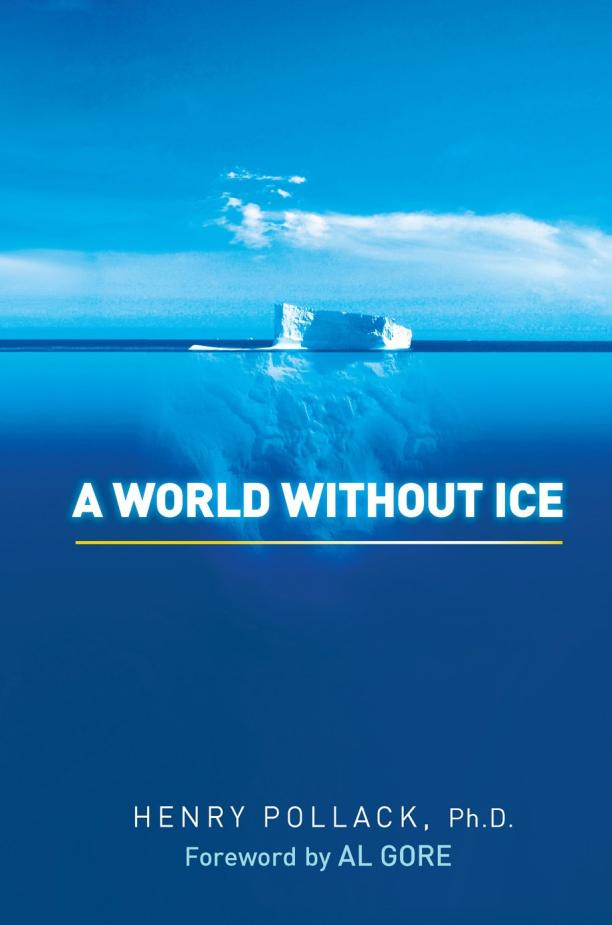
A World Without Ice
Henry Pollack
The book explores the crucial role that ice plays in global ecosystems and climate regulation, examining the history of ice on Earth and the dire consequences of its accelerated melting due to human activity. It presents scientific evidence of climate change, discusses the impact of diminishing ice on sea levels, weather patterns, and biodiversity, and urges immediate action to mitigate the crisis.
See full summary
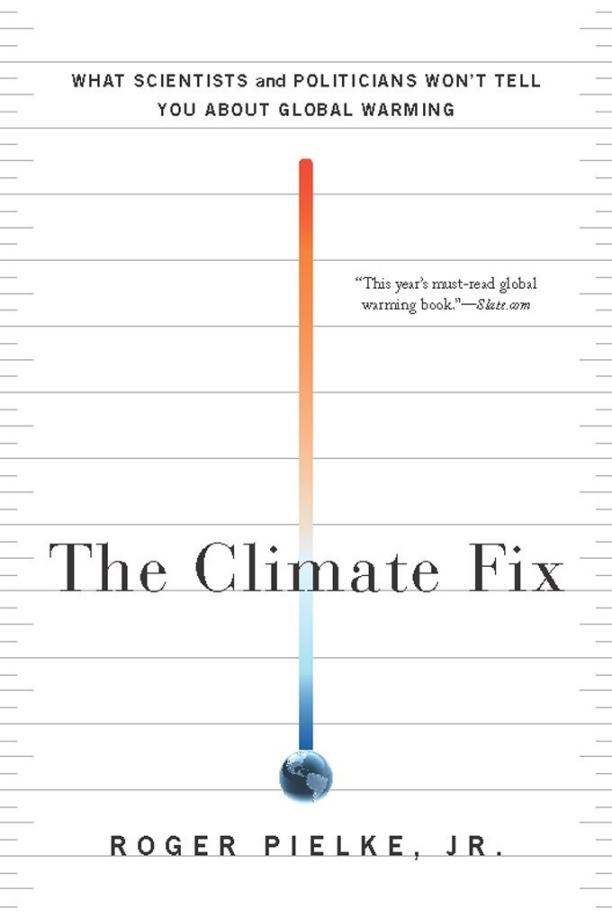
The Climate Fix
What Scientists and Politicians Won't Tell You About Global Warming
Roger Pielke Jr.
The book challenges common perspectives on climate change policy, arguing that current approaches are unrealistic and politically unfeasible. It proposes a pragmatic strategy focused on innovation and adaptation to address global warming effectively.
See full summary
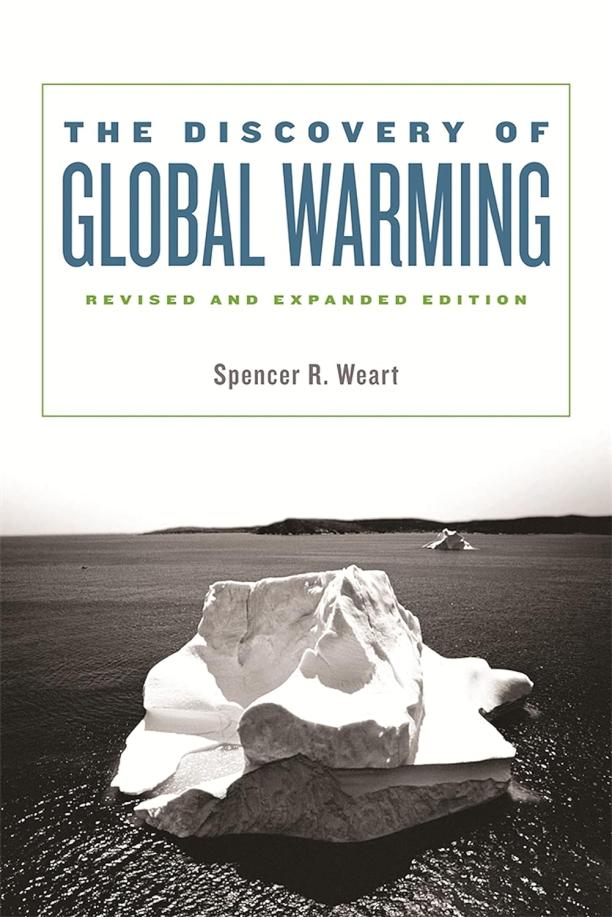
The Discovery of Global Warming
Revised and Expanded Edition
Spencer R. Weart
The book traces the scientific and societal evolution of the understanding of climate change, from early speculations to the complex computer models and international negotiations of the modern era. It provides a comprehensive history of how scientists came to realize that human activities could alter the global climate and explores the challenges of dealing with this unprecedented global threat.
See full summary
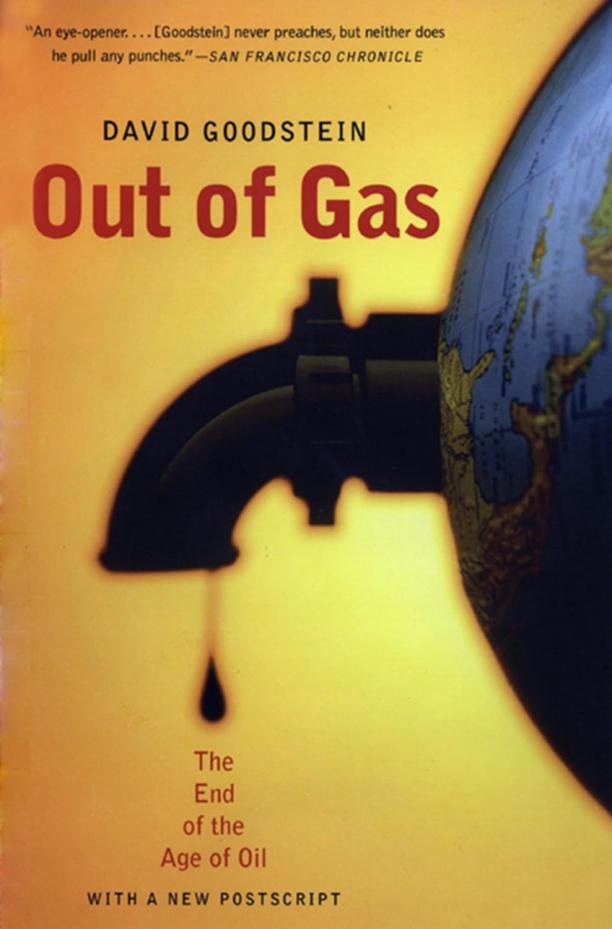
Out of Gas
The End of the Age of Oil
David Goodstein
The book examines the impending global energy crisis due to the depletion of the world's oil reserves, arguing that the peak of oil production is imminent or may have already occurred. It explores the scientific, economic, and political ramifications of this shortage and stresses the urgent need for alternative energy sources to avert severe global consequences.
See full summary
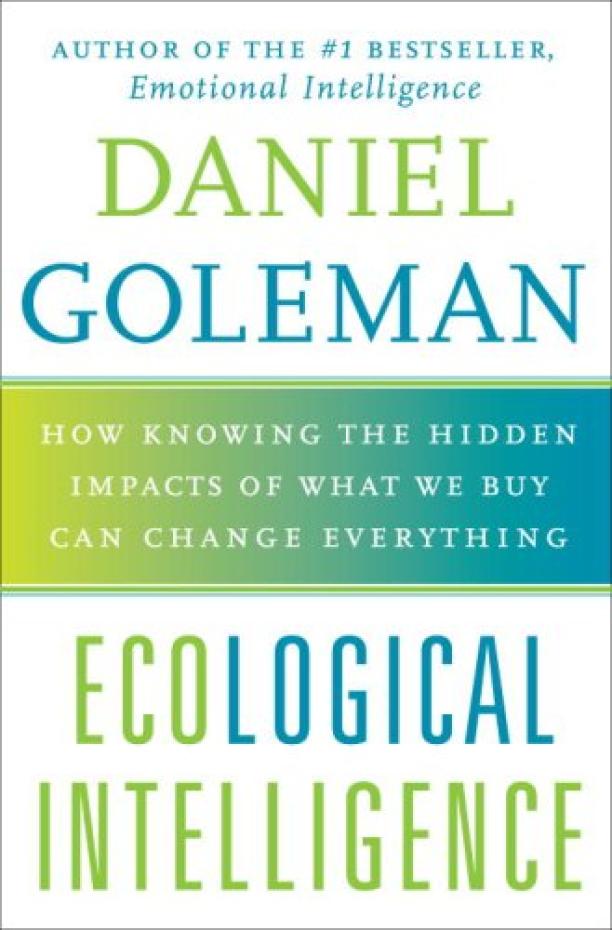
Ecological Intelligence
How Knowing the Hidden Impacts of What We Buy Can Change Everything
Daniel Goleman
The book explores the unseen environmental and social consequences of the products we purchase, advocating for greater awareness and transparency. It encourages consumers to make informed decisions, leveraging their purchasing power to drive positive change and promote sustainability.
See full summary
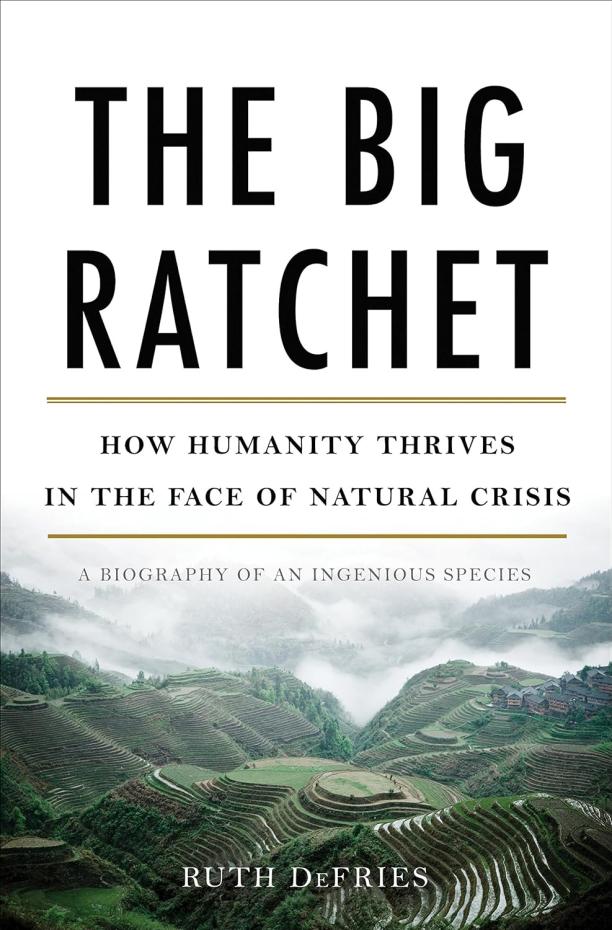
The Big Ratchet
How Humanity Thrives in the Face of Natural Crisis
Ruth DeFries
The book explores the history of human innovation in agriculture, detailing how each crisis related to food scarcity has led to technological and scientific advancements that allowed our population to grow. It discusses the "ratchet" effect, where periods of growth in food production are followed by setbacks, only to be overcome by new solutions.
See full summary

Future Files
A Brief History of the Next 50 Years
Richard Watson
The book explores predictions and scenarios about how various aspects of human life, such as work, leisure, health, education, and politics, might evolve over the next five decades. It examines potential technological, environmental, and social changes, offering a speculative look at the challenges and opportunities that may arise in the future.
See full summary
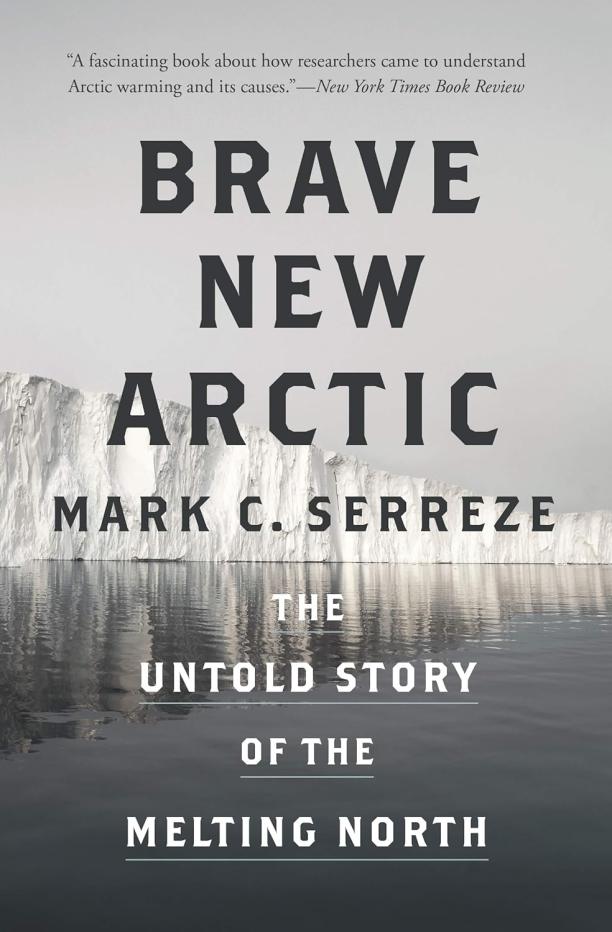
Brave New Arctic
The Untold Story of the Melting North
Mark C. Serreze
The book delves into the dramatic changes occurring in the Arctic due to climate change, as witnessed and studied by scientists, including the author's own experiences and research. It explores the causes and consequences of the melting ice, the transformation of ecosystems, and the global implications of a warming Arctic.
See full summary
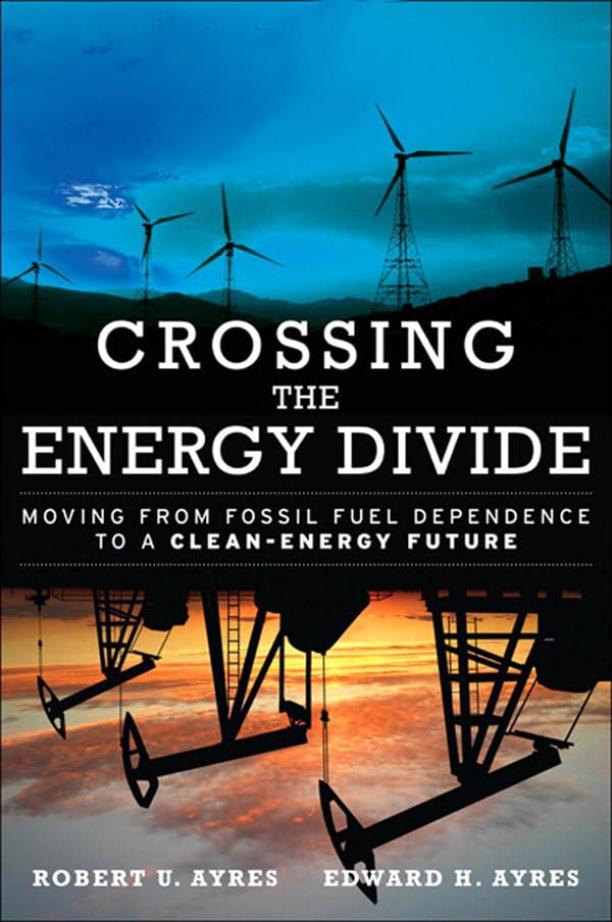
Crossing the Energy Divide
Moving from Fossil Fuel Dependence to a Clean-Energy Future
Robert U. Ayres|Edward H. Ayres
The book discusses the urgent need to transition from reliance on fossil fuels to sustainable energy sources due to environmental and economic concerns. It explores potential solutions and strategies, including energy efficiency and renewable technologies, to bridge the gap towards a cleaner, more resilient energy future.
See full summary
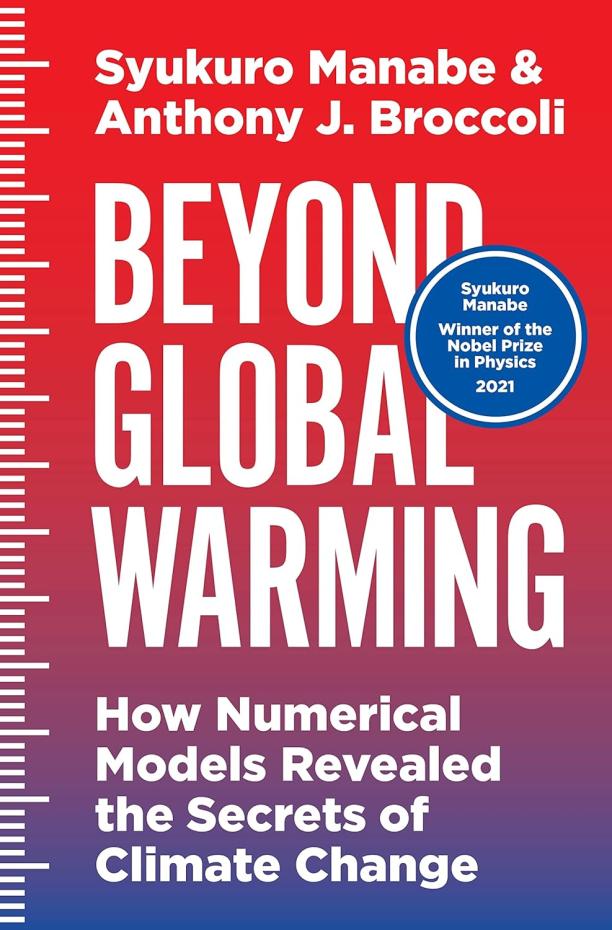
Beyond Global Warming
How Numerical Models Revealed the Secrets of Climate Change
Syukuro Manabe|Anthony J. Broccoli
The book delves into the development and use of numerical models to understand climate change, discussing how these models have helped scientists predict future climate conditions by simulating the complex interactions within Earth's atmosphere, oceans, and land surfaces. It also explores the historical progression of climate modeling, from early efforts to current sophisticated systems, and the insights they provide into the mechanisms driving global climate patterns and changes.
See full summary